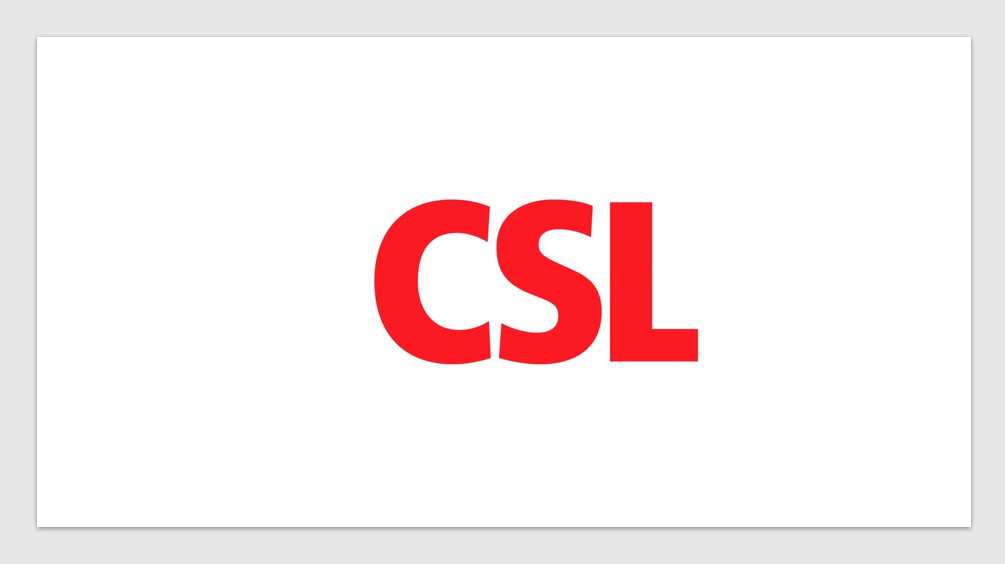News & Trends - Pharmaceuticals
Antengene secures PBS listing for multiple myeloma treatment

Pharma News: Today’s new Pharmaceutical Benefits Scheme (PBS) listing signifies a major advancement in the treatment of patients suffering from relapsed and/or refractory multiple myeloma (R/R MM), who have undergone at least one prior therapy. Antengene confirmed the reimbursement of oral Xpovio (selinexor) in combination with Takeda’s Velcade (bortezomib) and dexamethasone (XVd) for this patient cohort.
This achievement marks the second PBS listing for Xpovio, which is the first XPO1 inhibitor available in Australia. It can be administered as part of a powerful triplet therapy (XVd) or as a doublet therapy (Xd).
The efficacy of once-weekly triple therapy (XVd) was demonstrated in the BOSTON Phase III study, where it exhibited a significantly superior overall response rate (ORR) compared to twice-weekly Velcade-dexamethasone (Vd). Remarkably, over three in four patients responded positively to the XVd treatment, including those with renal impairment and individuals with both standard-risk and high-risk cytogenetics. Additionally, patients aged 65 years and older experienced a progression-free survival (PFS) of 21 months with XVd, as opposed to 9.5 months with Vd. These findings were derived from the intention-to-treat (ITT) population, with once-weekly XVd showing an overall progression-free survival of 13.93 months compared to 9.46 months for twice-weekly Vd (p=0.0075). The overall response rates were 76.4% for XVd and 62.3% for Vd (p=0.0012).
Xpovio (as Xd) is also the only PBS-listed treatment clinically proven to be effective for Janssen’s Darzalex (daratumumab)-refractory patients. Furthermore, XVd demonstrated a PFS of over 10 months in BMS’ Revlimid (lenalidomide)-refractory patients.
Professor Hang Quach, a renowned haematologist at St Vincent’s Hospital in Melbourne, expressed her enthusiasm about Xpovio and its impact on multiple myeloma patients. Having been one of the investigators in the BOSTON clinical study and co-authored several papers on the XVd regimen, she described the triplet therapy as one of the most effective treatment approaches for early-line relapse, particularly in the era of Revlimid refractoriness.
She emphasised that the first three lines of therapy are critical for a patient’s overall survival (OS), as many MM patients may not progress to fourth-line treatments and beyond. Having a wide range of effective treatment options in the one to three prior line space is crucial for optimal management of R/R MM based on individual patient profiles. Professor Quach also highlighted the significant efficacy of XVd in diverse patient populations, including both young and older patients, frail and non-frail individuals, and those with renal impairment. Notably, XVd showed exceptional effectiveness in patients with high-risk cytogenetics.
The CEO of Myeloma Australia, Mark Henderson, expressed his excitement about the new treatment option for MM patients. He emphasised the growing need for more treatment choices and hailed the availability of Xpovio as incredible news.
“Myeloma Australia have also been part of a co-designed patient support program with Antengene as part of the XVd patient familiarisation program and also for Xd patients who have been written a PBS script. This involved our nurses providing expert information and support to patients with early access to Xpovio, as well as now providing ongoing support following PBS listing,” he said.
Dr Dan Mellor, Medical Director at Antengene expressed his pride in this second PBS listing for Xpovio. He stressed the company’s commitment to prioritising patients in their decision-making processes. He highlighted that Xpovio’s unique mechanism of action as an XPO-1 inhibitor presents a novel approach to multiple myeloma treatment.
Earlier this month the Pharmaceutical Benefits Advisory Committee (PBAC) rejected the inclusion of Janssen’s Darzalex in combination with lenalidomide and dexamethasone on the PBS. The rejection of this combination therapy sparked outrage among patients, healthcare professionals, and advocacy groups.
Multiple myeloma accounts for approximately 10% of all blood malignancies and 1.6% of all cancers across Australia. Each year, around 2,400 people receive a new diagnosis of MM, and approximately 20,000 individuals are living with the disease at any given time. Tragically, about 1,000 people lose their lives to this form of blood cancer in Australia every year.
The inclusion of Xpovio in the PBS brings renewed hope to the multiple myeloma community in Australia. Patients now have an expanded range of effective treatment options, paving the way for improved outcomes and better quality of life for those battling this challenging disease.
![]() In reimagining healthcare across the entire patient journey, Health Industry HubTM is the only one-stop-hub uniting the diversity of the Pharma, MedTech, Diagnostics & Biotech sectors to inspire meaningful change.
In reimagining healthcare across the entire patient journey, Health Industry HubTM is the only one-stop-hub uniting the diversity of the Pharma, MedTech, Diagnostics & Biotech sectors to inspire meaningful change.
The Health Industry HubTM content is copyright protected. Access is available under individual user licenses. Please click here to subscribe and visit T&Cs here.
News & Trends - Biotechnology

CSL reshapes R&D while bracing for U.S. tariffs
Australia’s largest biotech company CSL is streamlining its R&D operations to enhance efficiency amidst a rapidly evolving global landscape. The […]
MoreNews & Trends - MedTech & Diagnostics

Australia joins Medtronic trial in fight against resistant hypertension
Medtronic has launched an international clinical trial across Australia, the United States, and Europe to evaluate the feasibility of multi-organ […]
MoreNews & Trends - MedTech & Diagnostics

Medibank launches pharmacogenetic testing while government stalls on insurance discrimination ban
Medibank has become the first Australian health insurer to pay towards pharmacogenetic testing (PGx) for eligible customers on Extras cover. […]
MoreNews & Trends - Pharmaceuticals

Global pledge shifts visibility and action for patients with advanced breast cancer
Three breast cancer organisations have united internationally to demand that people living with metastatic breast cancer (MBC) are no longer […]
More